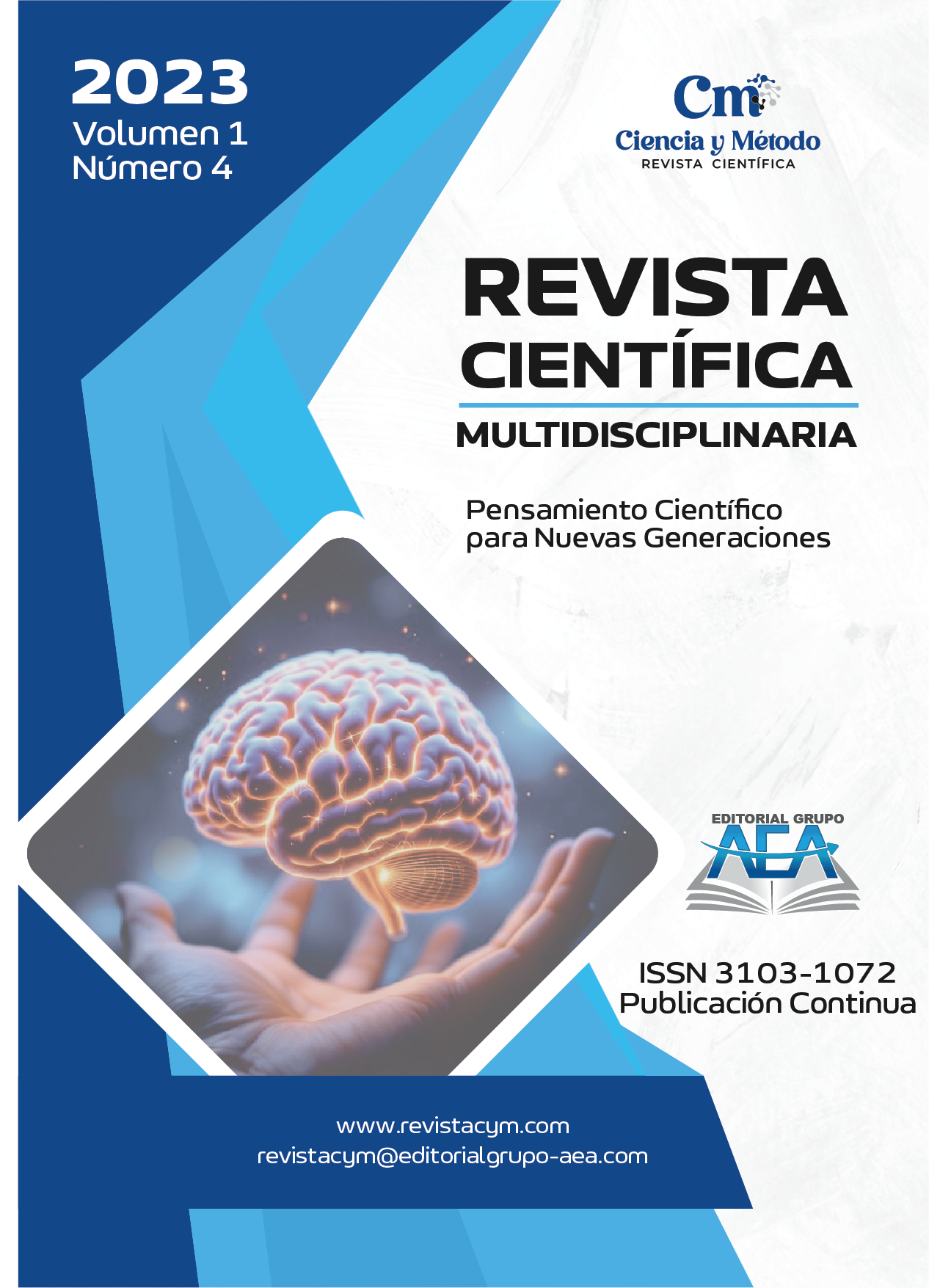Impact of gamification on student motivation and engagement in primary education
Main Article Content
Abstract
This article critically examines the impact of gamification on student motivation and engagement in primary education through a systematic review of scientific literature published between 2013 and 2023. Starting from the concern about low student engagement in the school context, the study analyzes empirical research indexed in Scopus and Web of Science that applies gamification dynamics -such as points, levels, rewards and immediate feedback- to the educational setting. The qualitative methodology of thematic review allowed us to identify common patterns, significant differences and gaps in the literature. The results show that gamification enhances both intrinsic and extrinsic motivation, improves emotional and behavioral engagement with school tasks, and promotes the development of cognitive and social skills. However, its effectiveness depends on multiple contextual factors, such as instructional design, teacher training and available technological resources. The discussion highlights that, although gamification represents an innovative strategy with high transformative potential, its implementation must be carefully planned and contextualized to avoid counterproductive effects. The study concludes that gamification, when applied with pedagogical intentionality, can contribute to a more inclusive, motivating and meaningful education in the primary stage.
Downloads
Article Details
Section

This work is licensed under a Creative Commons Attribution-NonCommercial 4.0 International License.
How to Cite
References
Andreu, M. J., & Pascual, M. A. (2019). La gamificación como estrategia metodológica para el desarrollo de competencias en Educación Primaria. Revista Electrónica Interuniversitaria de Formación del Profesorado, 22(1), 105–118.
Bressler, D. M., & Bodzin, A. M. (2013). A mixed methods assessment of students' flow experiences during a mobile augmented reality science game. Journal of Computer Assisted Learning, 29(6), 505–517. https://doi.org/10.1111/jcal.12008 DOI: https://doi.org/10.1111/jcal.12008
Calderón, D., & Ruiz, M. (2021). El aprendizaje basado en juegos como estrategia para el desarrollo de competencias en educación básica. Revista Iberoamericana de Educación, 86(2), 95–116.
Caponetto, I., Earp, J., & Ott, M. (2014). Gamification and education: A literature review. European Conference on Games Based Learning, 50–57.
Deci, E. L., & Ryan, R. M. (2009). The "what" and "why" of goal pursuits: Human needs and the self-determination of behavior. Psychological Inquiry, 11(4), 227–268. https://doi.org/10.1207/S15327965PLI1104_01 DOI: https://doi.org/10.1207/S15327965PLI1104_01
Deterding, S., Dixon, D., Khaled, R., & Nacke, L. (2011). From game design elements to gamefulness: defining "gamification". En Proceedings of the 15th International Academic MindTrek Conference (pp. 9–15). https://doi.org/10.1145/2181037.2181040 DOI: https://doi.org/10.1145/2181037.2181040
Domínguez, A., Saenz-de-Navarrete, J., de-Marcos, L., Fernández-Sanz, L., Pagés, C., & Martínez-Herráiz, J.-J. (2013). Gamifying learning experiences: Practical implications and outcomes. Computers & Education, 63, 380–392. https://doi.org/10.1016/j.compedu.2012.12.020 DOI: https://doi.org/10.1016/j.compedu.2012.12.020
Fredricks, J. A., Blumenfeld, P. C., & Paris, A. H. (2004). School engagement: Potential of the concept, state of the evidence. Review of Educational Research, 74(1), 59–109. https://doi.org/10.3102/00346543074001059 DOI: https://doi.org/10.3102/00346543074001059
Gómez-Urquiza, J. L., Gómez-Salgado, J., Albendín-García, L., Correa-Rodríguez, M., González-Jiménez, E., & Cañadas-De la Fuente, G. A. (2020). The impact on learning of the use of gamification in the classroom: A systematic review. Sustainability, 12(20), 9604.
González-González, C. S., & Blanco-Izquierdo, F. (2020). Gamificación y aprendizaje basado en juegos: revisión y perspectivas. Comunicar, 28(63), 9–18.
Hamari, J., Koivisto, J., & Sarsa, H. (2014). Does gamification work? – A literature review of empirical studies on gamification. En Proceedings of the 47th Hawaii International Conference on System Sciences (pp. 3025–3034). https://doi.org/10.1109/HICSS.2014.377 DOI: https://doi.org/10.1109/HICSS.2014.377
Hanus, M. D., & Fox, J. (2015). Assessing the effects of gamification in the classroom: A longitudinal study on intrinsic motivation, social comparison, satisfaction, effort, and academic performance. Computers & Education, 80, 152–161. https://doi.org/10.1016/j.compedu.2014.08.019 DOI: https://doi.org/10.1016/j.compedu.2014.08.019
Loor Giler, J. L., Lorenzo Benítez, R., & Herrera Navas, C. D. (2021). Manual de actividades didácticas para el desarrollo de la comprensión lectora en estudiantes de subnivel de básica media. Journal of Economic and Social Science Research, 1(1), 15–37. https://doi.org/10.55813/gaea/jessr/v1/n1/18 DOI: https://doi.org/10.55813/gaea/jessr/v1/n1/18
Ryan, R. M., & Deci, E. L. (2020). Intrinsic and extrinsic motivation from a self-determination theory perspective: Definitions, theory, practices, and future directions. Contemporary Educational Psychology, 61, 101860. https://doi.org/10.1016/j.cedpsych.2020.101860 DOI: https://doi.org/10.1016/j.cedpsych.2020.101860
Sailer, M., & Homner, L. (2020). The gamification of learning: A meta-analysis. Educational Psychology Review, 32, 77–112. https://doi.org/10.1007/s10648-019-09498-w DOI: https://doi.org/10.1007/s10648-019-09498-w
Silva Alvarado, J. C., & Herrera Navas, C. D. (2022). Estudio de Kahoot como recurso didáctico para innovar los procesos evaluativos pospandemia de básica superior de la Unidad Educativa Iberoamericano. Journal of Economic and Social Science Research, 2(4), 15–40. https://doi.org/10.55813/gaea/jessr/v2/n4/23 DOI: https://doi.org/10.55813/gaea/jessr/v2/n4/23
Su, C. H., & Cheng, C. H. (2014). A mobile gamification learning system for improving the learning motivation and achievements. Journal of Computer Assisted Learning, 31(3), 268–286. https://doi.org/10.1111/jcal.12088 DOI: https://doi.org/10.1111/jcal.12088





